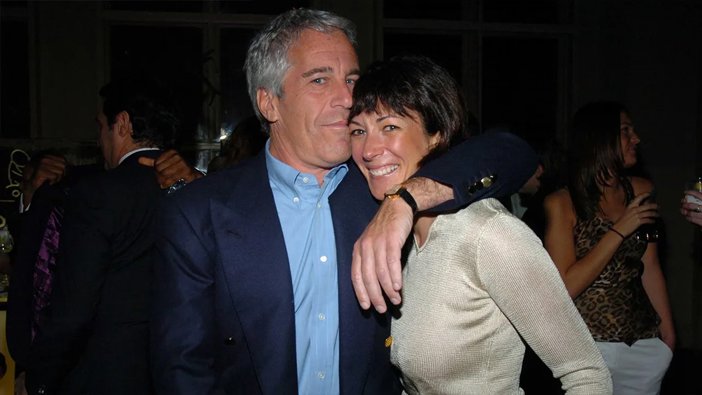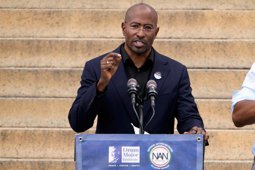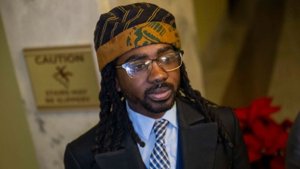
DOJ Opposes Maxwell’s Supreme Court Appeal
DOJ asks Supreme Court to reject Maxwell’s appeal, upholding her 20-year sentence for sex trafficking.
Justice Department Moves to Uphold Maxwell Conviction
The U.S. Department of Justice (DOJ) has formally urged the Supreme Court to deny Ghislaine Maxwell’s bid to overturn her sex trafficking conviction, a high-profile case tied to the late financier Jeffrey Epstein. Maxwell, now 63, was convicted in New York in 2021 on five counts, including sex trafficking of a minor and conspiracy. She is currently serving a 20-year sentence at a federal prison in Tallahassee, Florida, with her release set for 2037.
Maxwell’s appeal contends that her conviction should be thrown out, citing several arguments. Chief among them is the claim that the non-prosecution agreement Epstein reached with the federal government in 2007 should have also immunized her, and that statutes of limitations have expired. Maxwell’s legal team argues that federal circuit courts are divided on the interpretation of such non-prosecutorial immunity agreements, warranting the Supreme Court’s attention.
The U.S. Court of Appeals for the Second Circuit previously rejected her appeal. In its response, the DOJ argued that the Supreme Court should not intervene, maintaining that the 2007 plea deal was specific to Epstein and does not extend to Maxwell. The DOJ’s stance aims to reinforce the integrity of the original jury’s decision and the appellate court’s judgment.
Ongoing Controversy and Calls for Accountability
The DOJ’s position arrives as the department faces criticism from some supporters of President Donald Trump, who allege that key information in the Epstein investigation remains concealed. Recently, the DOJ stated it has no new information to release in connection with Epstein’s case. Epstein, who was charged in 2019 with sex trafficking underage women, died before his trial, with authorities ruling his death a suicide.
Despite conspiracy theories promoted by some officials during Trump’s administration, most have since distanced themselves from such claims. Meanwhile, speculation continues over whether Congress might call Maxwell to testify about the broader network associated with Epstein’s crimes. According to unnamed sources cited in media reports, Maxwell is open to the possibility, though her attorney declined to comment on the matter.
In a statement, Maxwell’s attorney David Oscar Markus criticized the DOJ’s approach, stating, “I’d be surprised if President Trump knew his lawyers were asking the Supreme Court to let the government break a deal. He’s the ultimate dealmaker — and I’m sure he’d agree that when the United States gives its word, it should keep it. With all the talk about who’s being prosecuted and who isn’t, it’s especially unfair that Ghislaine Maxwell remains in prison based on a promise the government made and broke.”
As the Supreme Court considers whether to take up Maxwell’s case, the legal and political debates surrounding the Epstein scandal remain unresolved. The outcome will likely have lasting implications for federal plea agreements, prosecutorial discretion, and public trust in the justice system’s handling of high-profile sex trafficking cases.






